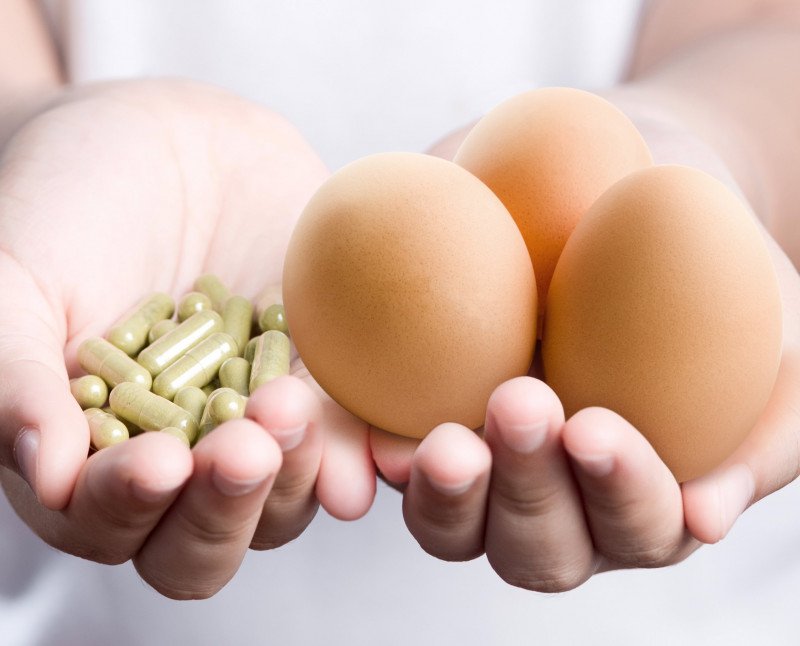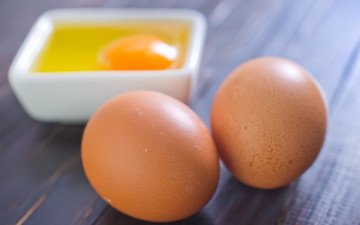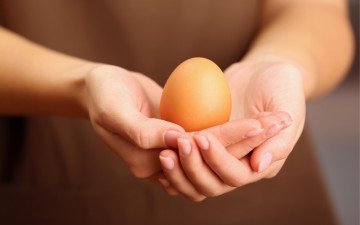
Vitamin D in Eggs
Frequently Asked Questions
Do Eggs Have Vitamin D?
With a serve of two eggs providing 82% of your daily recommended intake of vitamin D, eggs contain one of the highest quantities of vitamin D of any food.
What Are Some Benefits of Vitamin D?
Vitamin D plays a crucial role in helping us maintain healthy bones and teeth, in muscle function and in regulating our immune system.
What Happens If You Don't Have Enough Vitamin D?
If your body doesn’t get enough vitamin D, you’re at risk of developing weak bones. Unfortunately almost a fifth (20%) of all Australian adults live with mild or moderate vitamin D deficiency.
How Much Vitamin D Do I Need?
For adults, the Adequate Intake (AI) is 5.0 µg /day for men and women aged 19-50.
How Many Eggs Should I Eat to Maintain Vitamin D Levels?
7 eggs per week should be considered as an important dietary approach to maintaining vitamin D levels within the body.
Does Eating More Than 7 Eggs a Week Raise My Vitamin D Higher?
We get it, and we love eggs as much as you do! Eating more than the recommended 7 eggs/week won't skyrocket your vitamin D levels. But there does not appear to be a downside to consuming more either.
A recent study found that even consuming up to 12 eggs/week does not adversely influence body weight or blood lipid concentrations in young adults.
You may max out on vitamin D benefits when eating more eggs, but there are 12 other essential nutrients that your body can tap into through this wonderful food.
 >
> 



















